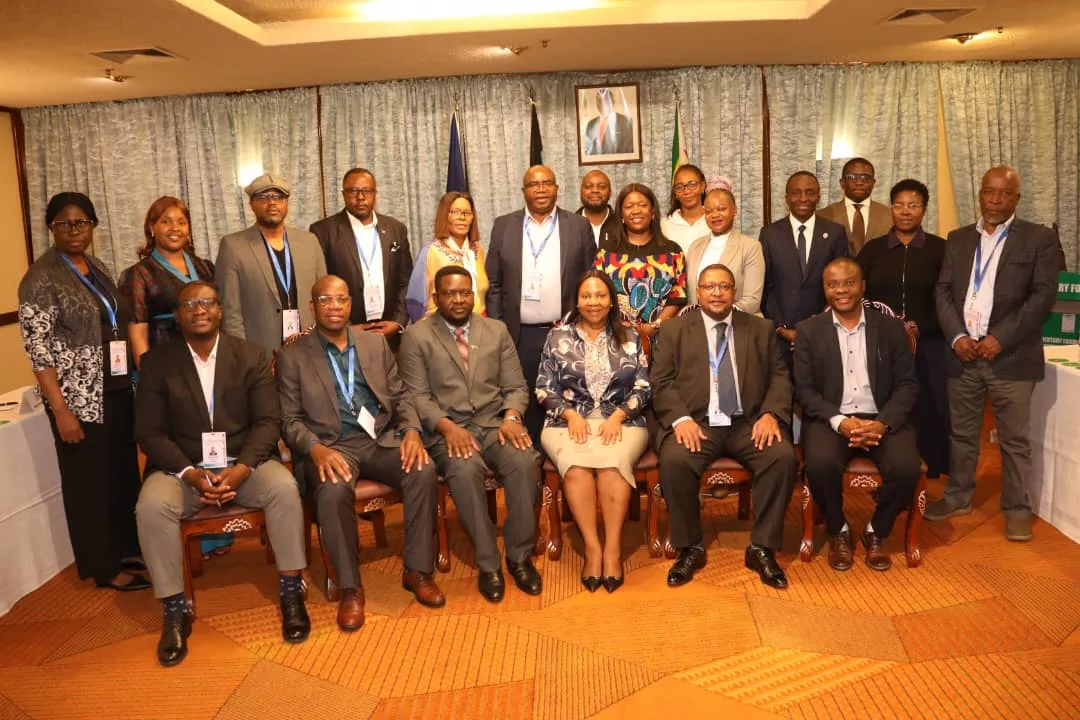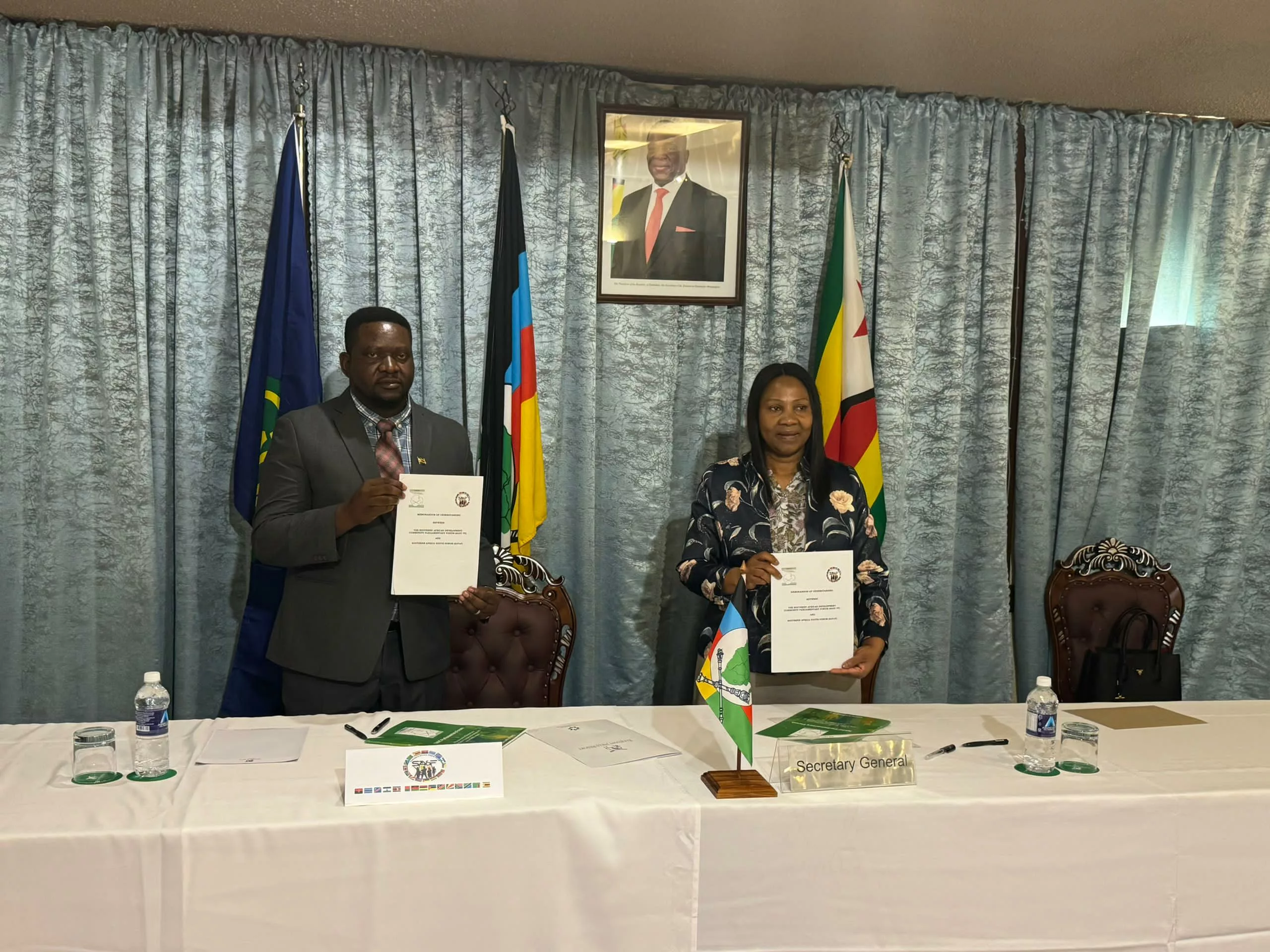|
Getting your Trinity Audio player ready...
|
Motivated by a special obligation to make sure that all Zimbabweans, regardless of geographical location should have digital access, the Ministry of Information Communication Technology (ICT), Postal and Courier Services in Bulawayo yesterday launched and commissioned critical infrastructure in the city towards that goal.
Bulawayo was fortunate to see the launch and commissioning of an ICT laboratory at every school for Waterford and Emakhandeni suburbus, a public finance management system centre, the Elangeni digital training centre for the civil servants’ laboratory, and a data recovery site at the Reserve Bank of Zimbabwe offices.
In his address during the launch, the ICT Minister, Dr. Jenfan Muswere, reiterated the ministry’s desire to see all of us succeed as it rolls out the different ICT access projects throughout the country.
“Indeed, our desire is for all Zimbabweans to be able to have access to the Internet and communication in general. If a student does not have Internet access, they will struggle to type their school papers or do online homework assignments, learn basic computer skills, or try to get help from their teachers. If a Public Servant does not have adequate ICT skills, they will have challenges utilising ICT equipment and in so doing give slow and poor service to the citizenry. As we interface with modern ICT equipment all our efforts will be in vain if we do not have a backup of our data. The solutions we have commissioned today will eradicate the challenges posed above.
“We also believe that Internet access and ICT training on its own is not enough. To truly bridge the digital divide, there is a need for locally relevant content and tools aimed at creating a platform for crowdsourced content and educating communities on local content production by local creators. This is particularly important to state as we are here in the City of Kings and Queens, a city widely acknowledged as the cultural hub of our Zimbabwe,” Minister Muswere said.
The Ministry of ICT was mandated by His Excellency, President Dr E.D. Mnangagwa to work on the SMART Zimbabwe 2030 Master Plan, which seeks to exploit the potential of ICTs so that Zimbabwe attains its Vision of becoming an Upper Middle-income economy by 2030.
This Vision is predicated on, among others, building on the achievements of the Zimbabwe National Policy on ICTs of 2016 to 2020 which further strengthens Zimbabwe’s economic base and improves its economic environment for accelerated growth towards achieving a Digital Government, a Digital Economy and a Digital Society, by 2030.
The Master plan, once fully rolled out, is expected to see the country achieving the Digital Economy aspirations of the National Development Strategy One (NDS1). It will completely transform government processes, services and management, and make information access and service delivery to the general public, more efficient.
“Over and above all this, the Master plan, together with the flagship projects to pilot its implementation, will steer the march towards the digital future that will transform the country into a regional technical hub, raise the country’s competitiveness and align the country in line with vision 2030’s digitalisation agenda. These aspirations of creating a digital economy can only be achieved if we first create a digitally literate population.
“Ladies and gentlemen, let me conclude by urging Bulawayo Province, to make full use of the facilities we have commissioned here today to uplift your lives and to uplift our great Nation.
“With these few words, ladies and gentlemen, it is now my singular honour to declare the Elangeni Public Service Training Centre, Bulawayo Data Backup Centre and Emakhandeni School ICT Lab officially launched,” the minister added.






